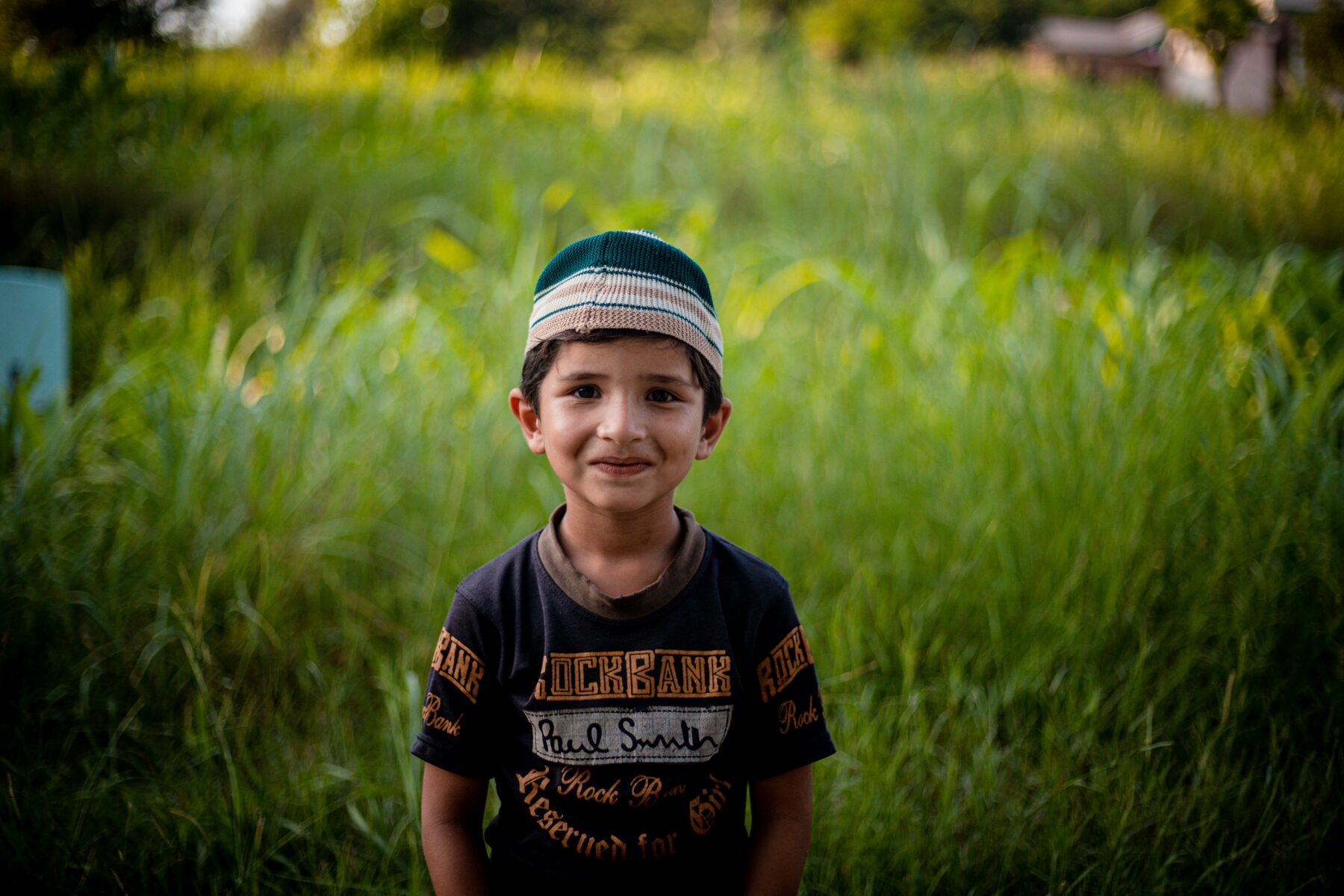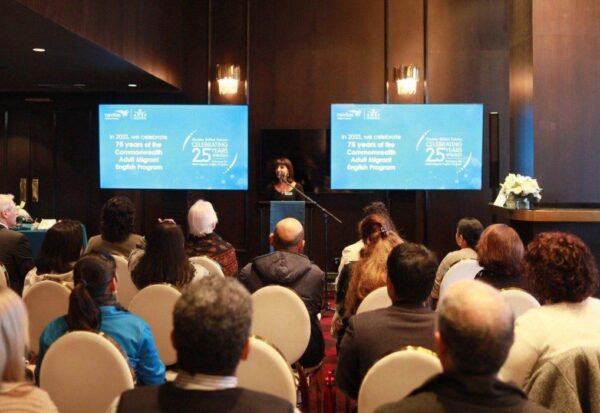Australia’s multicultural children are missing out on ECEC and early intervention

Multicultural children in Australia are missing out on early childhood education and early intervention programs resulting in them being more likely to be developmentally vulnerable when starting school, new research suggests.
Produced by Settlement Services International (SSI), Education Futures, University of South Australia (UniSA), Stronger Starts and Brighter Futures ll identified not only the deficits, but the impact they have on their school learning and repercussions in later life.
Researchers revealed that children from culturally diverse backgrounds in Australia are accessing early childhood education at lower rates than their peers and are also more likely than other children to miss out on critical early intervention for children with developmental concerns.
Leila’s story
Leila has three young children, and fled Afghanistan almost a decade ago to secure a safer and brighter future for her kids in Australia.
She struggled to access early childhood education for her children, who also needed occupational therapy because all her children are on the autism spectrum.
“When my daughter finally started attending [early education], she cried hysterically every day. I was so worried because I knew something was wrong, but I didn’t speak enough English to ask the staff what was happening. The centre wouldn’t provide an interpreter – I felt helpless. I had to withdraw her,” she shared with researchers.
This experience is a common one, SSI’s General Manager of Newcomers, Settlement and Integration, Yamamah Agha, said.
“Children from migrant and refugee backgrounds need to be able to access culturally responsive early childhood education and early intervention support tailored to their needs,” she explained.
“The higher rates of developmental vulnerability among multicultural children in the early years risks perpetuating a cycle where those who start school behind, often stay behind with significant impacts for the rest of their lives.”
Increasingly important
Professor Sally Brinkman from UniSA said mapping out multicultural children’s engagement in early childhood learning is increasingly important as Australia becomes more culturally diverse.
“Participation in early childhood education is a powerful investment. It doesn’t just benefit the children and their families, but it also creates a chain reaction bringing real and important advantages to Australia’s economy and society,” she said.
The analysis of the data drawn from the Australian Early Development Census (AEDC) found that overall, 82 per cent of children from culturally diverse backgrounds attended some form of early childhood education in 2021, compared to 90 per cent of other children – a gap that is seen across national cohorts of the AEDC from 2009 to 2021.
Furthermore, the analysis of the AEDC found that children from culturally diverse backgrounds:
- are more likely to be developmentally vulnerable at school entry than other children, though this gap has been narrowing over time.
- are half as likely to access early intervention support (i.e., speech therapy, occupational therapy, or disability support) compared to other children.
- are an increasing proportion of children enrolled in their first year of school, reaching nearly 26 per cent in 2021, up from 17 per cent in 2009.
The research points to ways to improve attendance by children and families from CALD backgrounds in early childhood education through a mix of universal, targeted, and place-based methods to address non-financial barriers to participation in early learning. These approaches involve governments, policy makers, early education providers and providers of settlement services.
Stronger Starts, Brighter Futures II was launched by SSI and the University of South Australia, as part of an online event and panel discussion in partnership with Early Childhood Australia on Tuesday, May 21, 2024.
The report can be found online here.
Popular

Quality
Practice
Research
Crayola Creativity Week 2026 launches as research highlights strong link between creativity and confidence
2026-01-06 07:00:35
by Contributed Content

Practice
Quality
Research
The transformative power of affection: How nurturing care shapes early childhood development in Guatemala
2026-01-07 07:00:56
by Fiona Alston

Research
New study finds social dominance preferences emerge in early childhood
2026-01-06 07:30:50
by Fiona Alston














